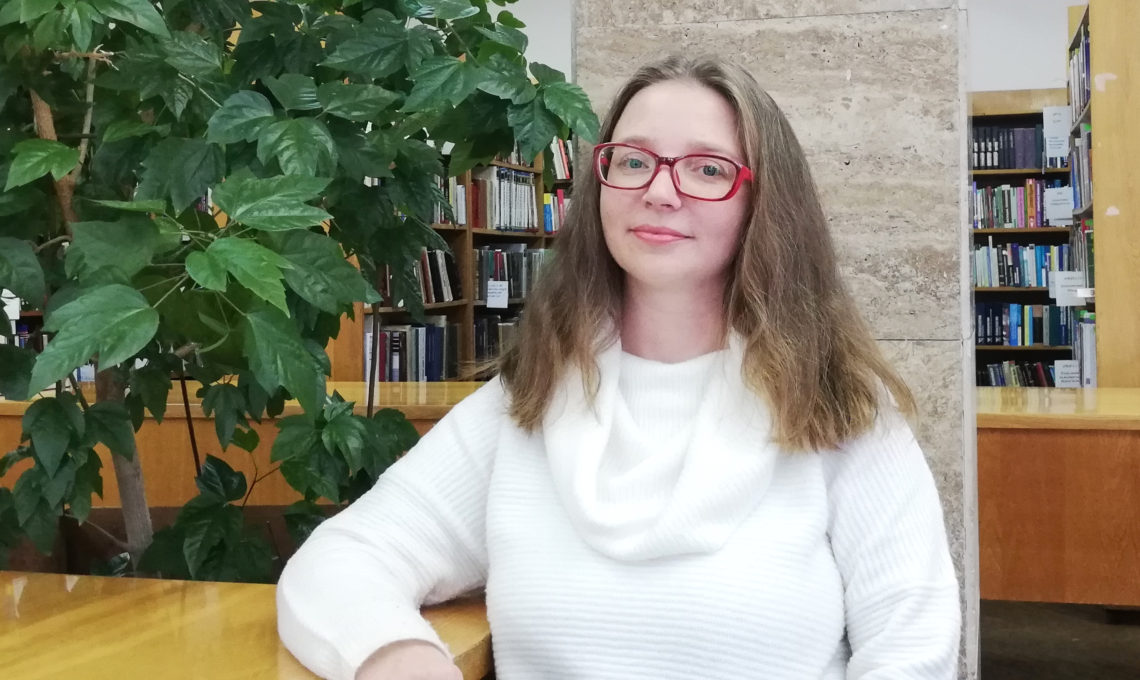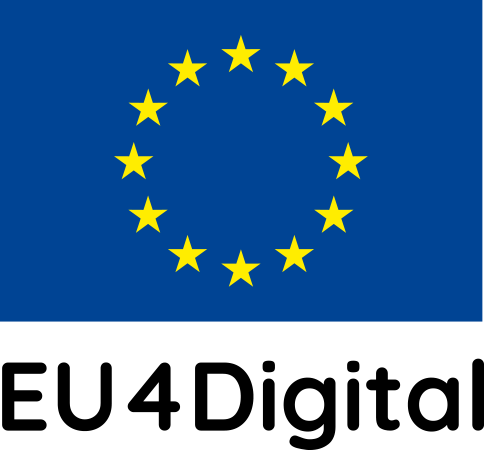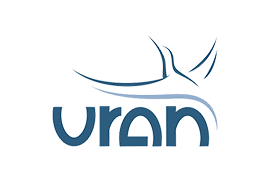
Supporting academic publishing in Ukraine
The publication of scientific results has many benefits and digital publishing takes it all to a higher level, with opportunities for more open access to information and its wider reach. In Ukraine, there was little digital publishing of academic articles and journals until 2011. That year, URAN Publishing Service took the lead. This business unit of URAN, the Ukrainian research and academic networking association, which is a partner in the EU-funded EaPConnect project, has been supporting users such as Valentyna Lukianenko of the Igor Sikorsky Kyiv Polytechnic Institute every day by providing reliable access to virtual computing infrastructure.
Valentyna Lukianenko is Associate Editor of ‘Advanced Education’, an international peer-reviewed journal founded and published by the Faculty of Linguistics at the Igor Sikorsky Kyiv Polytechnic Institute. Valentyna and her colleagues established the journal from scratch without having a special technical education, and to begin with they had to spend a lot of time preparing each issue.
“There were technical difficulties publishing articles online,” Valentyna says. “We had to involve additional staff for website development and maintenance, which slowed down the process of issue preparation. We also had some difficulties finding external reviewers for manuscripts evaluation”.
The URAN Publishing Service and its project ‘Scientific Periodicals of Ukraine’, the nation-wide academic e-publishing platform, came to her assistance. The platform is based on the open source software OJS (Open Journal Systems), adapted to the needs of local publishers. Leading analyst-adviser Andrii Kuznetsov knows everything about the platform’s functionality. He trains publishers to use the platform, and collects bug reports and software improvement requests from the editorial staff.
Andrij explains: “We have offered Ukrainian publishers a technology platform that allows them to complete a full publishing cycle from the moment an article is submitted by an author, until the electronic version of the journal is published. All work is carried out remotely with the help of a single database and e-mail. In other words, the editorial staff does not even have to get together, everyone can carry out their work from any convenient place: receive material from the author, process it, send it for review, receive the reviewer’s response, impose an issue into pages, and publish it on the journal’s website. The big advantage of our project is that the editorial staff does not need to have specialists for creating the website and maintaining it. These services are provided by us, and we also provide the assistance of qualified advisers.”
Technical challenge solved
The scale of these activities means that significant technical capacity for ‘Scientific Periodicals of Ukraine’ is required. At one point, the project server failed to satisfy user requests. They began to complain about platform failure. This is where URAN provided assistance.
“Fortunately, our parent organisation, URAN, helped”, says Denys Solovianenko, director of the URAN Publishing Service. “URAN purchased more up-to-date technical equipment with the financial support of the EaPConnect project and then provided us with a virtual computing infrastructure. Now we can store our users’ data in the required amount. Moreover, academic journals and universities have no need to buy real equipment or hire extra technical staff. We have been able to seriously improve the technical capabilities of the Scientific Periodicals. Ukrainian universities would not be able to support a resource of such capacity on their own. URAN supports the project in a centralised way, which significantly helps the Ukrainian universities and institutes of the Academies of Sciences”.
Positive results
Valentyna Lukianenko has now been actively using the Scientific Periodicals platform for 5 years and admits its exceptional convenience. She is thrilled with the positive results for the ‘Advanced Education’ journal.
“Now our journal is working successfully, we have many opportunities. The lack of special technical education is no longer a problem for us. Now, one person can do all the technical work. It is very convenient that with the help of OJS we keep all our materials in order, we know which of them are awaiting review, or are already under review, or are being edited. Article processing has become much more efficient, though now we have 10 times more submissions than before. The interface is user-friendly, there are built-in plugins for transferring metadata to CrossRef and other databases. The platform also helps us to find reviewers, as during registration on the journal website authors and readers can accept the reviewer role and we can choose the experts from this list”.
For Denys Solovianenko and the URAN Publishing Service there has also been a positive result: “Our technology platform ‘Scientific Periodicals of Ukraine’ is in high demand. Our clients are more than 100 universities and dozens of institutes of five branch Academies of Sciences. Scientific Periodicals of Ukraine is the largest national resource that allows editors to publish materials in accordance with international standards and helps researchers to get easy open access to publications. In Ukraine, more than 3000 academic journals are published, and more than 700 of them are participating in the Scientific Periodicals”.
Valentyna is proud of the 5-year effort they have put into making their journal well-known in Ukraine. “We are very grateful to the URAN Publishing Service staff. They also train editorial staff and give advice regarding journal promotion, as well as providing technical support for the website. Also, with the help of the URAN Publishing Service, we signed a contract with CrossRef, Publishers International Linking Association. Our journal has become reputable; it is indexed by Web of Science, and this makes me feel so proud for our team! In addition, the availability of international publications boosts university ratings inside the international research and academic community. And I am happy to know that my work contributes to the international prestige of my university!”
Why is academic publishing important?
The publication of scientific results has many benefits. In writing up and sharing their work, researchers clarify their own thoughts in order to express them clearly; they contribute their findings to the growing body of knowledge within their field and help others to avoid duplicating the same research; and they demonstrate that they are making valid use of public funding. The ability to access and contribute to scientific publishing is an important aspect of pursuing research, because it turns individual researchers into part of a community that can share knowledge and ideas, critique each other’s work and develop collaborations together. Digital publishing takes all this to a higher level, with opportunities for more open access and wider reach.
Further information
Scientific Periodicals of Ukraine
‘Advanced Education’ journal
See also the URAN ‘Panorama’ site with an overview of its digital services for research and education.
For more information please contact our contributor(s):


